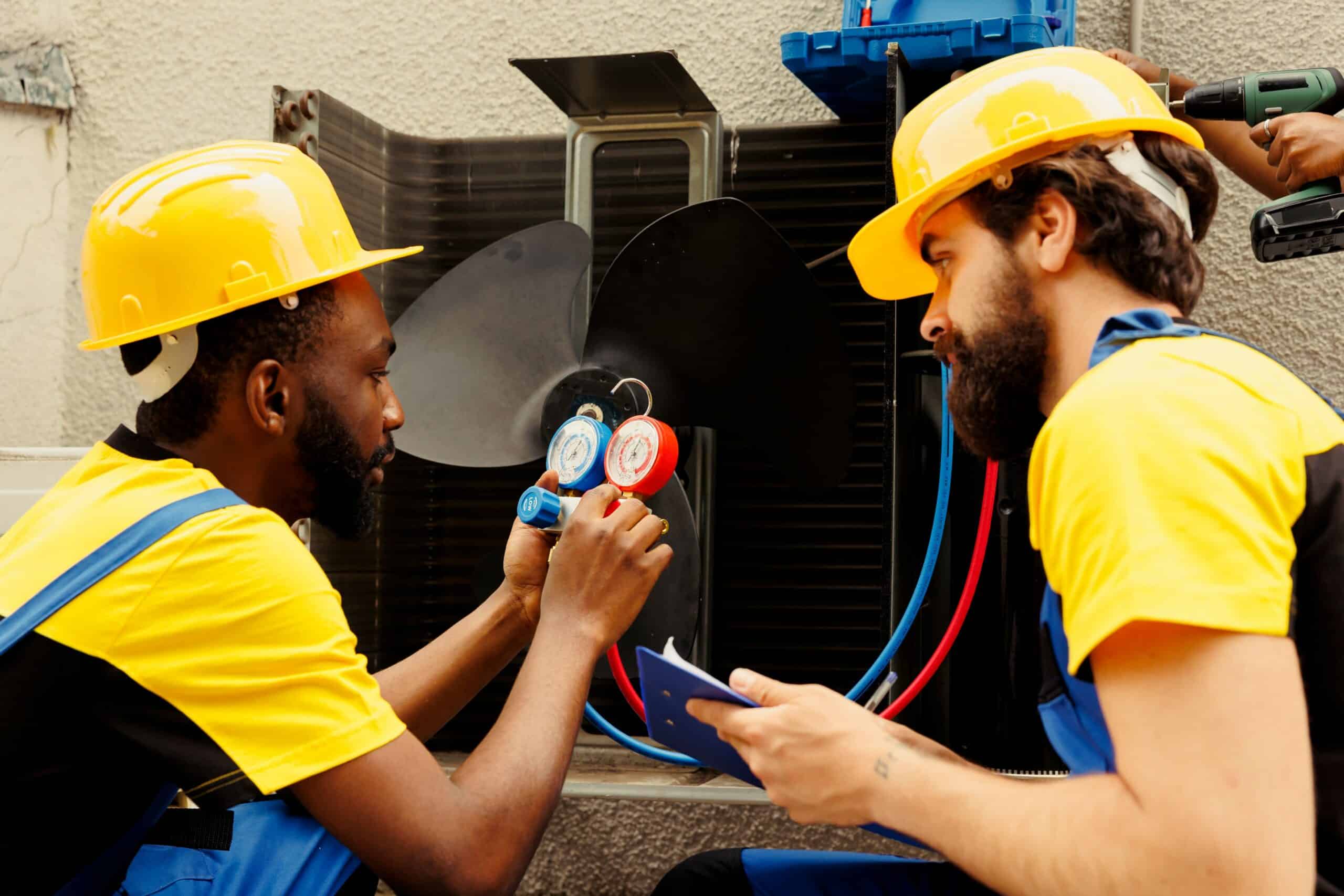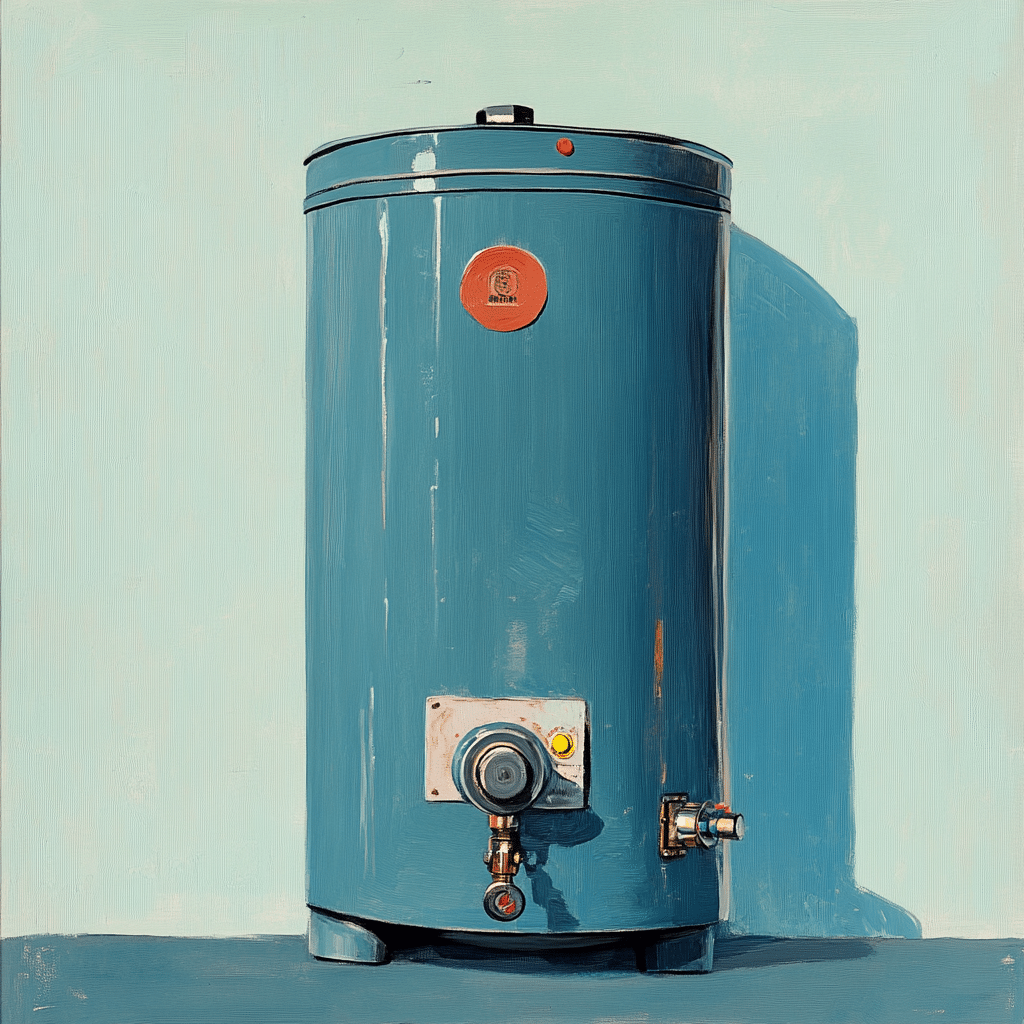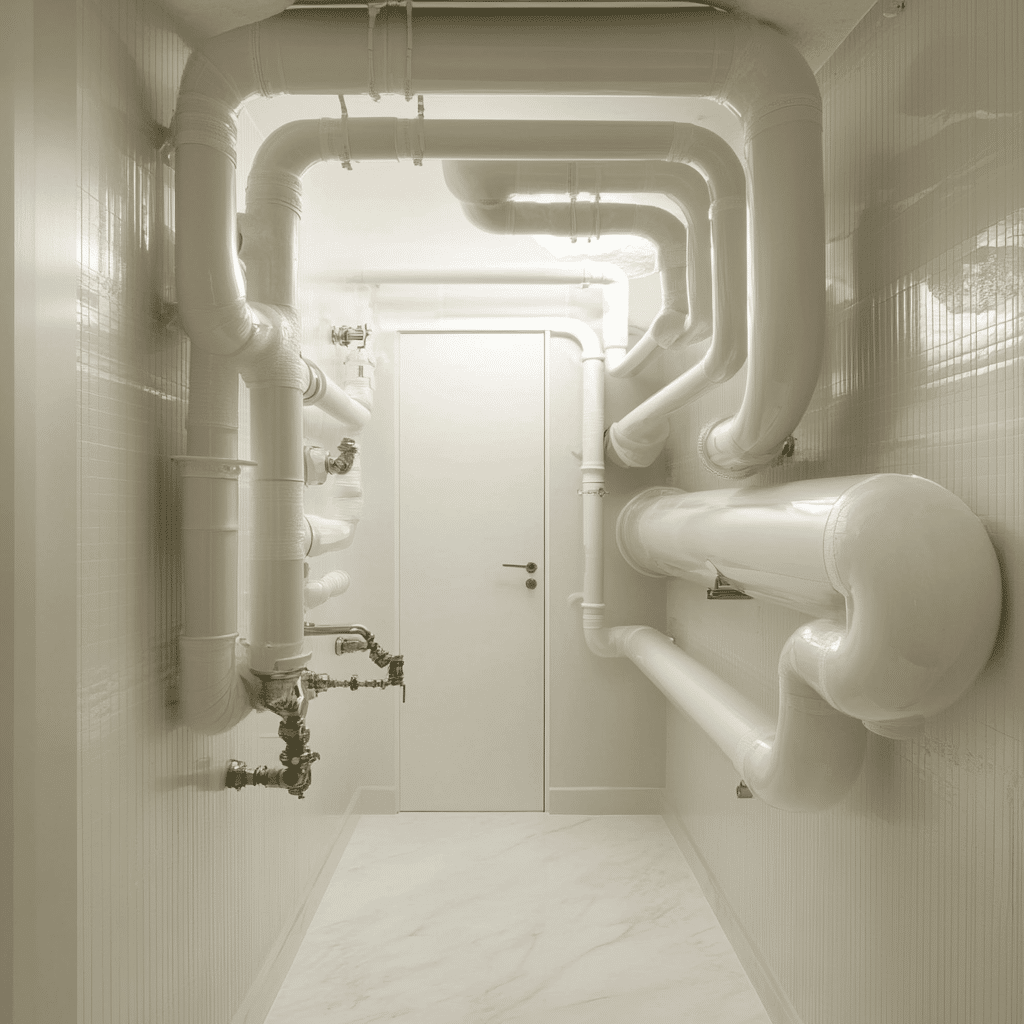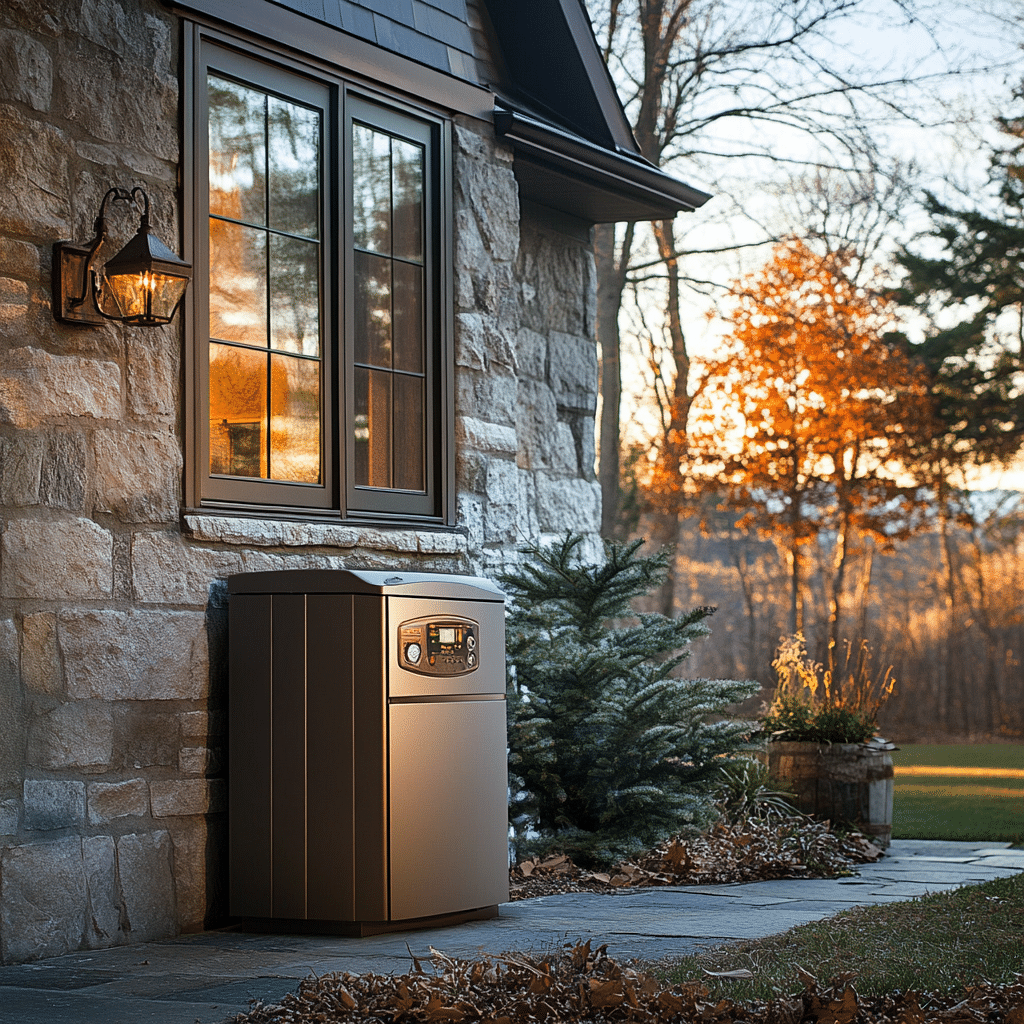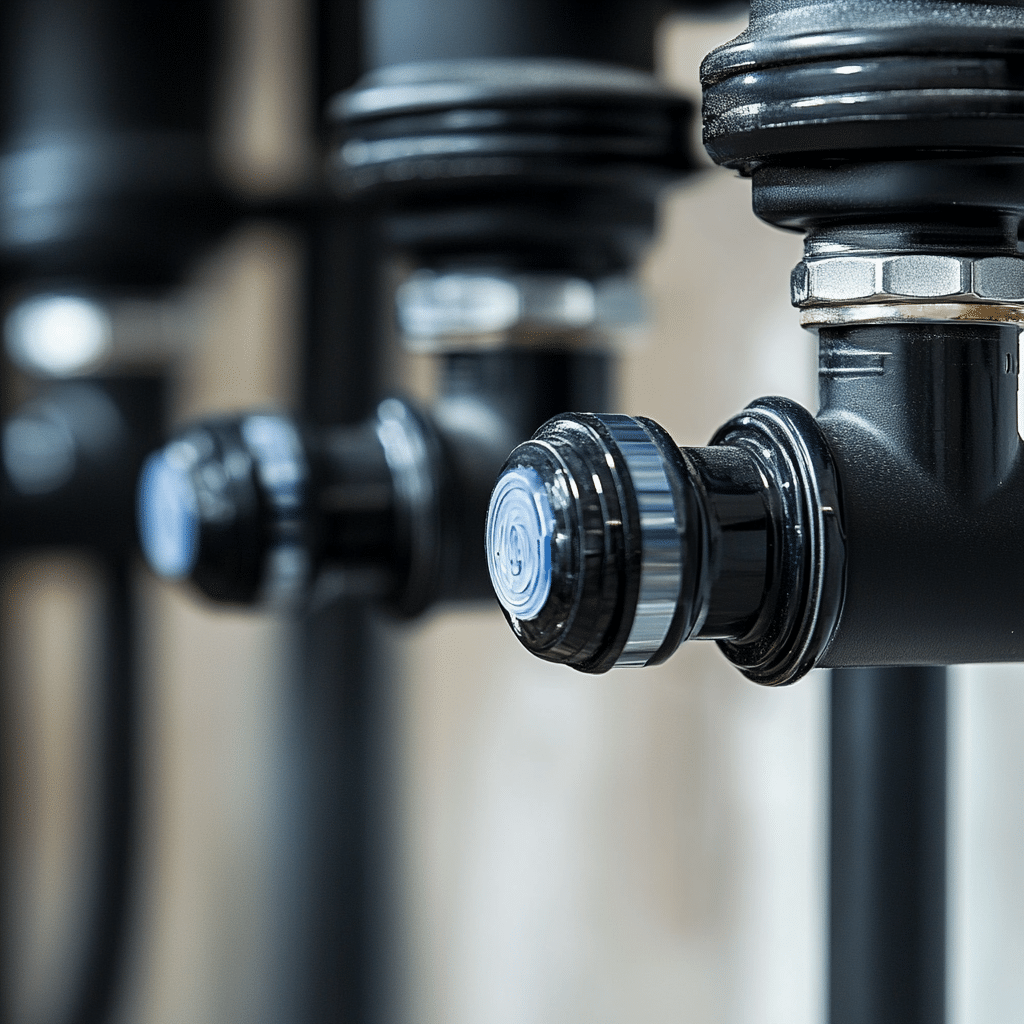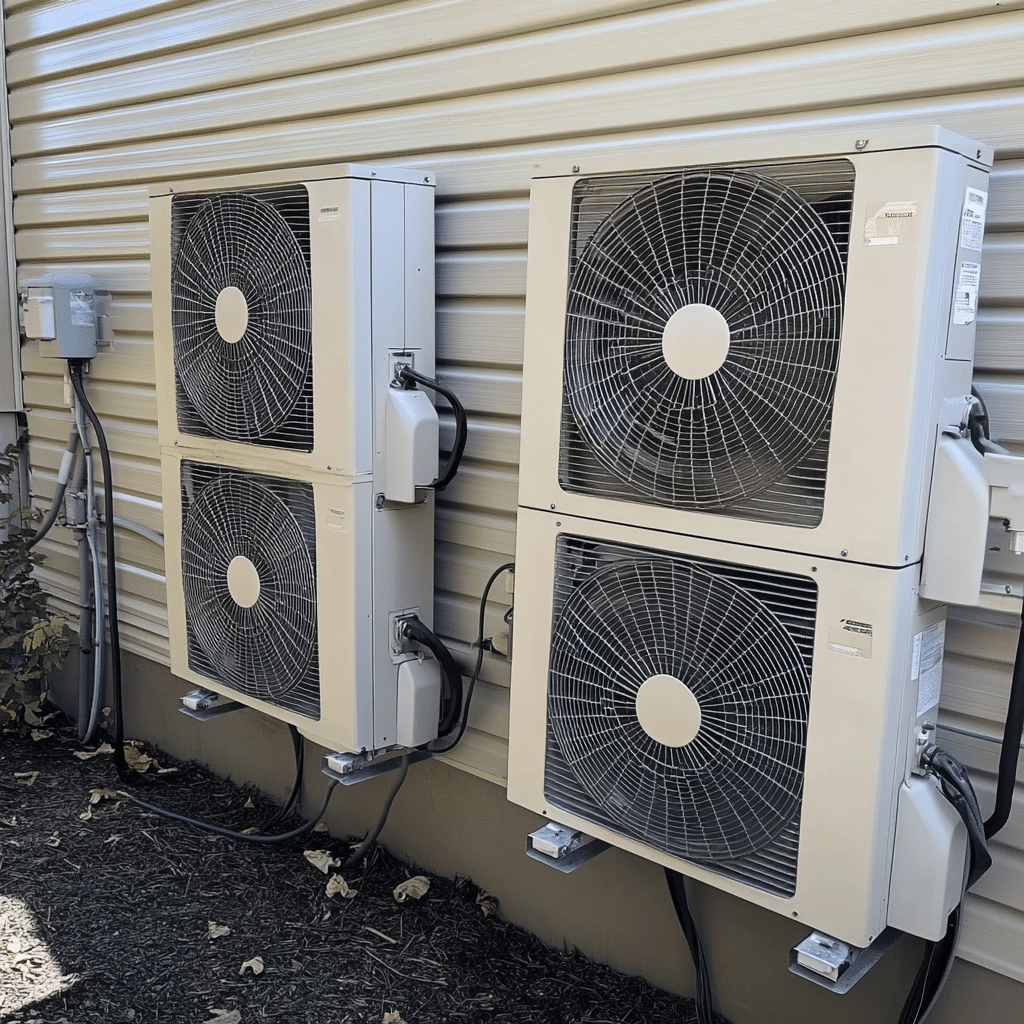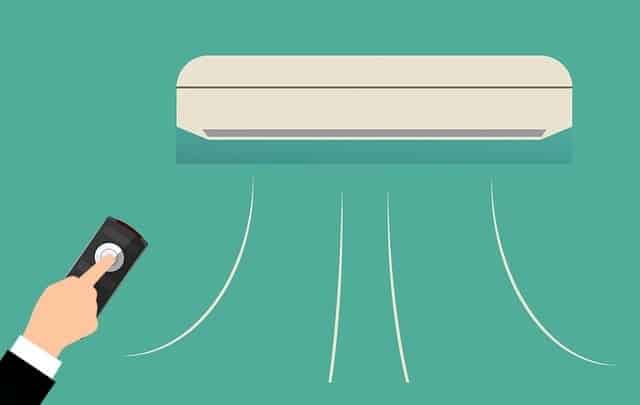Importance of Understanding HVAC Systems
Heating, Ventilation, and Air Conditioning (HVAC) systems are essential for maintaining a comfortable indoor environment year-round. These systems control temperature, humidity, and air quality, ensuring your family stays comfortable in every season. However, many common myths about HVAC systems can lead homeowners to make poor decisions regarding their heating and cooling needs. Understanding the truth behind these common HVAC myths can help you make better choices for your HVAC equipment, saving you money and extending the life of your HVAC unit.
This article aims to debunk several common HVAC myths that may be affecting your heating and cooling system. By shedding light on these misconceptions, you’ll be better equipped to optimize your HVAC system’s efficiency, ensure proper maintenance, and ultimately, save money on energy costs. We’ll explore myths related to air filters, closing vents, thermostat settings, and more, providing professional advice along the way.
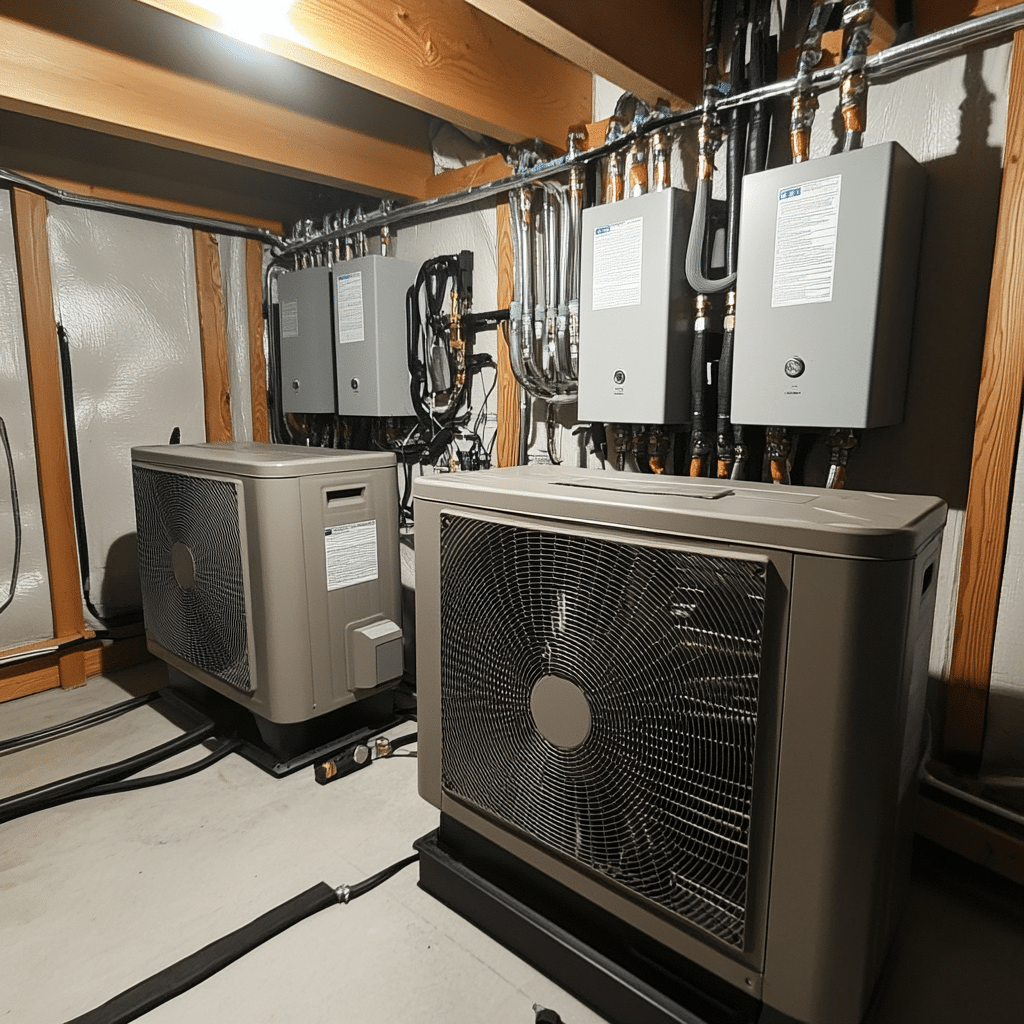
Myth #1: Bigger HVAC Systems Are Always Better
Understanding the Myth
One of the most pervasive common HVAC myths is the belief that a larger HVAC system will heat or cool your home more efficiently. Homeowners often assume that a bigger heating and cooling system will provide faster results, keeping their house at the desired temperature more effectively.
In reality, an oversized HVAC unit can cause more harm than good. Larger systems work harder to quickly heat or cool the space, which can lead to short cycling. Short cycling occurs when the system turns on and off too frequently, which not only causes wear and tear on components but also leads to significant energy loss. Moreover, an oversized cooling system may not run long enough to effectively dehumidify the air, leaving your home feeling damp and uncomfortable.
The Truth
The key to optimal performance is choosing an HVAC system that is correctly sized for your home. A properly sized system will run more efficiently, maintaining a consistent temperature and ensuring that warm air or cool air is evenly distributed throughout your home. This not only enhances comfort but also saves money on energy bills. Consulting an HVAC professional to calculate the right size HVAC unit for your specific needs is crucial.
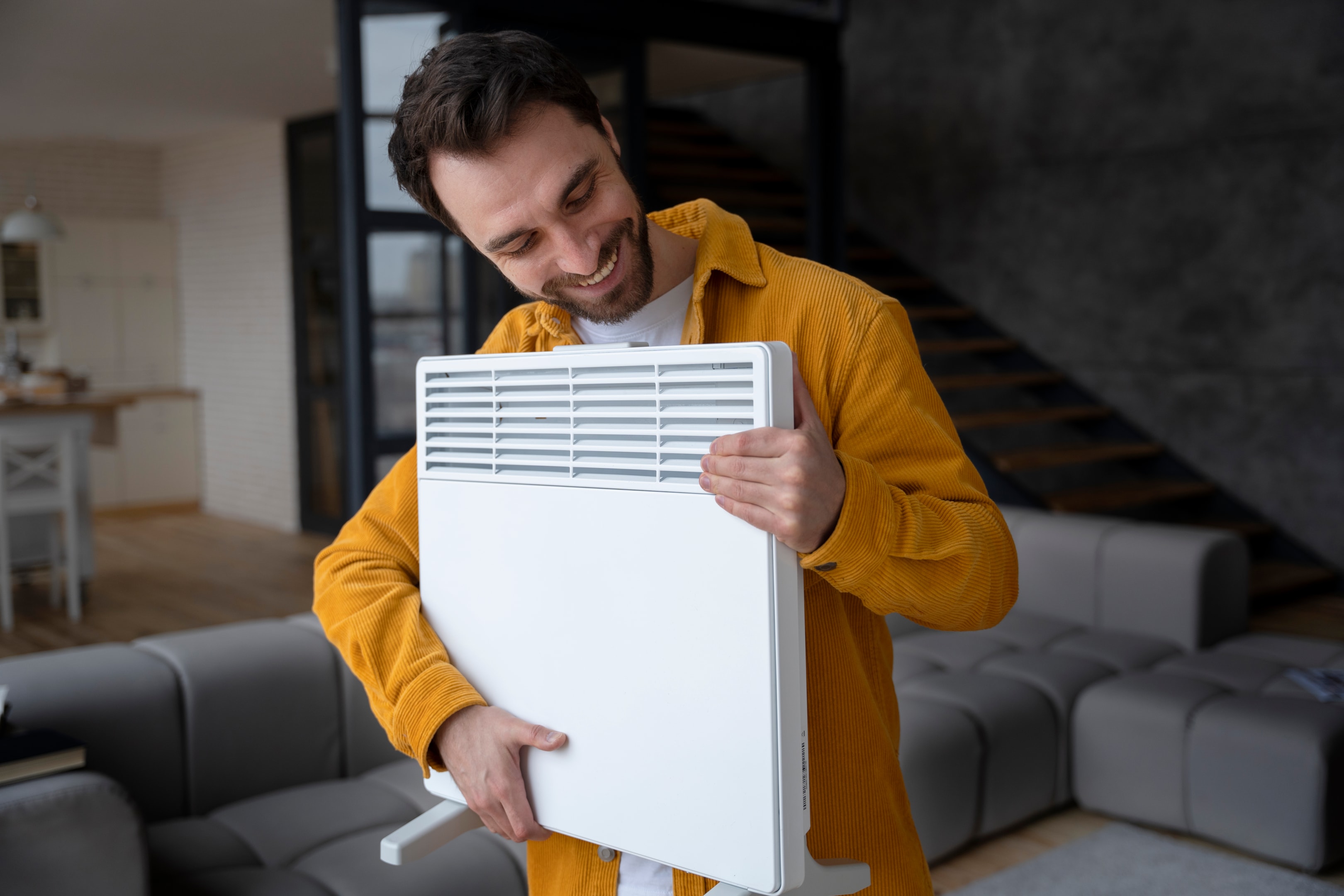
Myth #2 You Only Need to Change Your Air Filter Once a Year
The Belief Behind the Myth
Many homeowners believe that air filters only need to be changed once a year, assuming that this frequency is sufficient to maintain indoor air quality and system efficiency. Air filters play a crucial role in keeping your HVAC system running smoothly by trapping dust, dirt, and other smaller particles that would otherwise circulate through your home.
However, as air filters capture more particles, they become clogged, reducing airflow and forcing your HVAC unit to work harder. A clogged air filter can lead to energy loss and increased wear on the system, ultimately shortening its lifespan.
The Truth
To maintain optimal performance and extend the life of your HVAC equipment, it’s important to change air filters every 1-3 months, depending on usage, the type of air filter you use, and the manufacturer’s recommendations.
Homes with pets or residents with allergies may benefit from a denser air filter that captures more particles, but these filters may require more frequent replacement. Regularly replacing air filters not only helps keep your house clean and comfortable but also ensures your heating and cooling system runs efficiently.
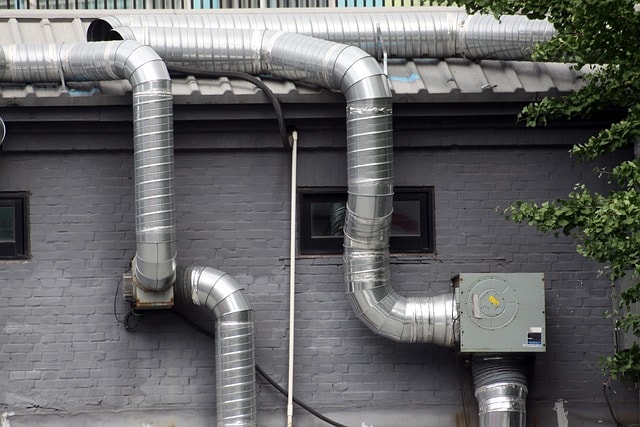
Myth #3: Closing Vents in Unused Rooms Saves Energy
Unpacking the Myth
Many homeowners believe that closing vents in unused rooms will reduce the workload on the HVAC system and save energy. The idea is that by blocking off airflow to less-used spaces, the system can focus on heating or cooling the main areas more efficiently, leading to lower energy bills. However, this practice overlooks how HVAC systems are designed to distribute air, which can result in unexpected issues.
The Truth
To ensure your HVAC system operates efficiently, it’s important to keep all vents open, even in unused rooms. If you want to control temperatures in different areas of your home, consider investing in a programmable thermostat or smart thermostat that allows for independent control of various zones. This approach can help you save energy without risking damage to your HVAC unit.
While it may seem logical to close vents in rooms that aren’t frequently used, doing so can disrupt the balance of airflow throughout your home. HVAC systems are designed to operate with all vents open, and closing them can create pressure imbalances.
This imbalance forces the system to work harder, potentially leading to duct leaks and damage to the HVAC equipment. Over time, closing vents can cause your heating and cooling system to become less efficient and increase your energy bills.
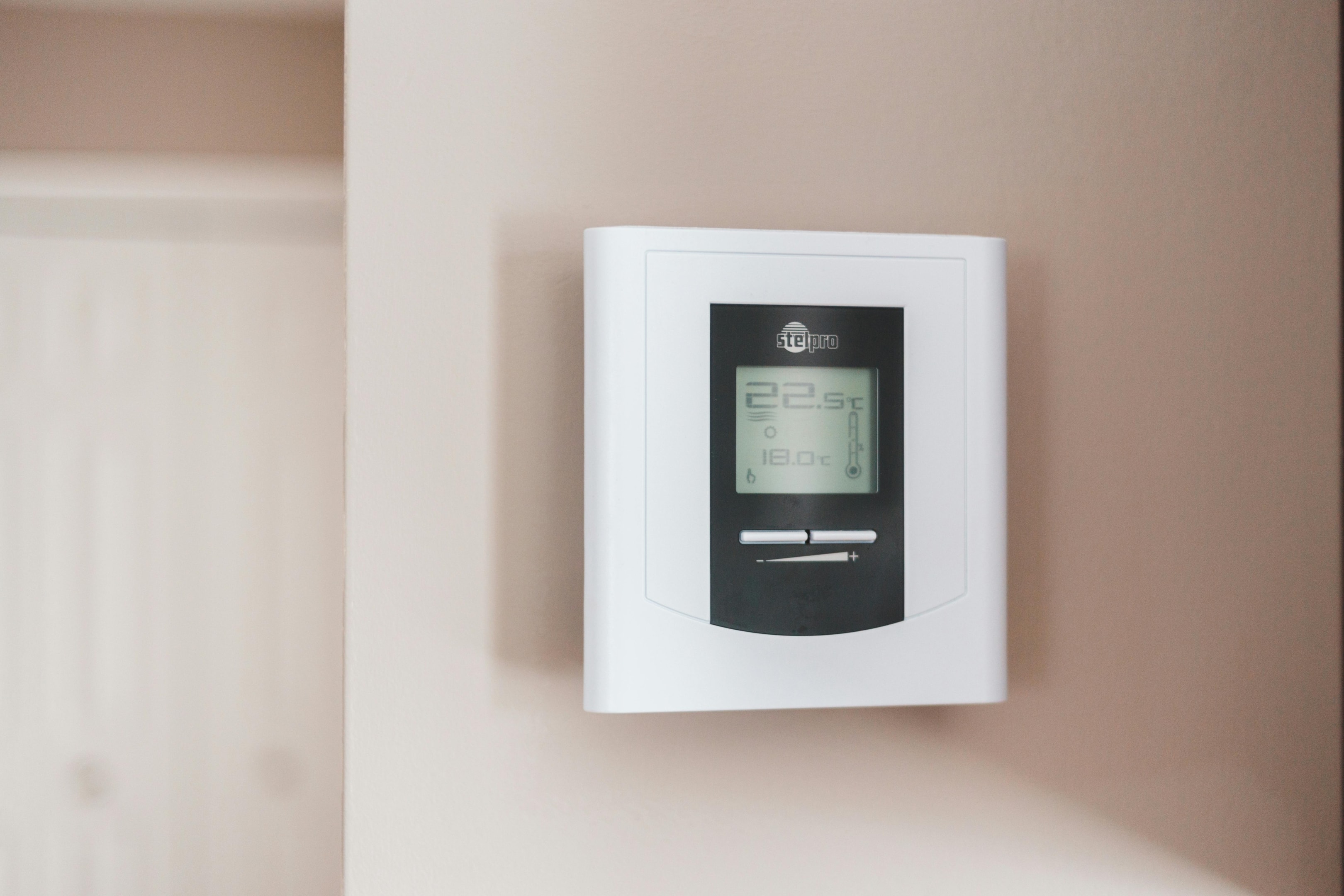
Myth #4: Setting a Thermostat to an Extremely Cold Temperature Will Cool the House Faster
Breaking Down the Misconception
Many homeowners believe that setting their thermostat or air conditioning system to an extremely low temperature will cool the house faster, especially during hot days. The idea is that by drastically lowering the temperature setting, the cooling unit will work harder to reach the desired temperature more quickly, providing instant relief.
In reality, air conditioning systems operate at a consistent speed, regardless of how low you set the thermostat. Setting the thermostat to an excessively cold temperature doesn’t make the system cool the air any faster; it simply extends the time the system runs until it reaches that temperature. This approach can decrease the energy efficiency of your air conditioner, leading to higher energy bills and added strain on the air handler and other components of the cooling unit.
The Truth
For optimal energy efficiency and to keep your family comfortable, it’s best to set the thermostat to your desired temperature and allow the air conditioning system to work at its regular pace. This will maintain a steady, comfortable temperature without overworking your system or driving up energy costs. Ensuring routine maintenance and checking your thermostat placement—preferably away from windows or direct sunlight—can also help your new HVAC system run more efficiently.
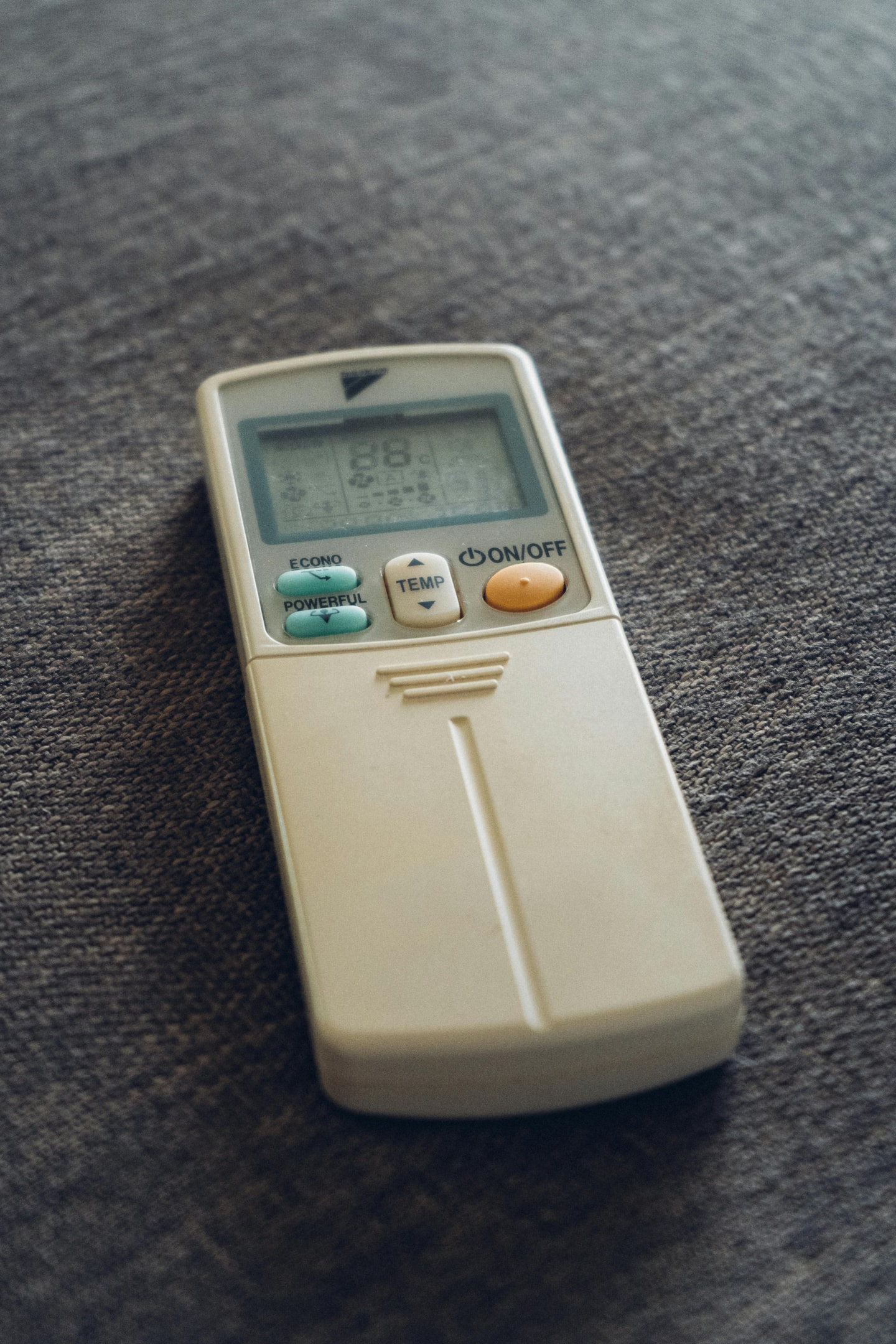
Myth Turn Off Your Air Conditioner When You Leave the House to Save Energy
The Myth in Detail
A common belief is that turning off your air conditioner completely when leaving the house will lead to significant energy savings. The assumption is that if the air conditioning system isn’t running, it won’t consume any energy, thus lowering your utility bills.
The Truth
Instead of turning off your air conditioner completely, use a programmable thermostat or smart thermostat to adjust the temperature to a higher setting while you’re away. This allows the system to maintain a moderate temperature, reducing the workload on your new HVAC system and ensuring that your home can quickly return to a comfortable level without overtaxing the air handler or cooling unit. This approach not only enhances energy efficiency but also prolongs the life of your system and ensures that your family stays comfortable. Remember to schedule regular maintenance for your HVAC system to keep it running efficiently throughout the year.
Conclusion
Understanding the truth behind HVAC myths can greatly enhance your home’s comfort and energy efficiency. By debunking misconceptions like the need for oversized systems or infrequent filter changes, you can avoid costly mistakes and keep your HVAC system running smoothly. Regular maintenance and proper thermostat management are key to saving on energy bills and extending your system’s lifespan. For personalized advice and expert care, contact our team today. We’re here to ensure your HVAC system performs at its best, providing reliable comfort throughout the year.
